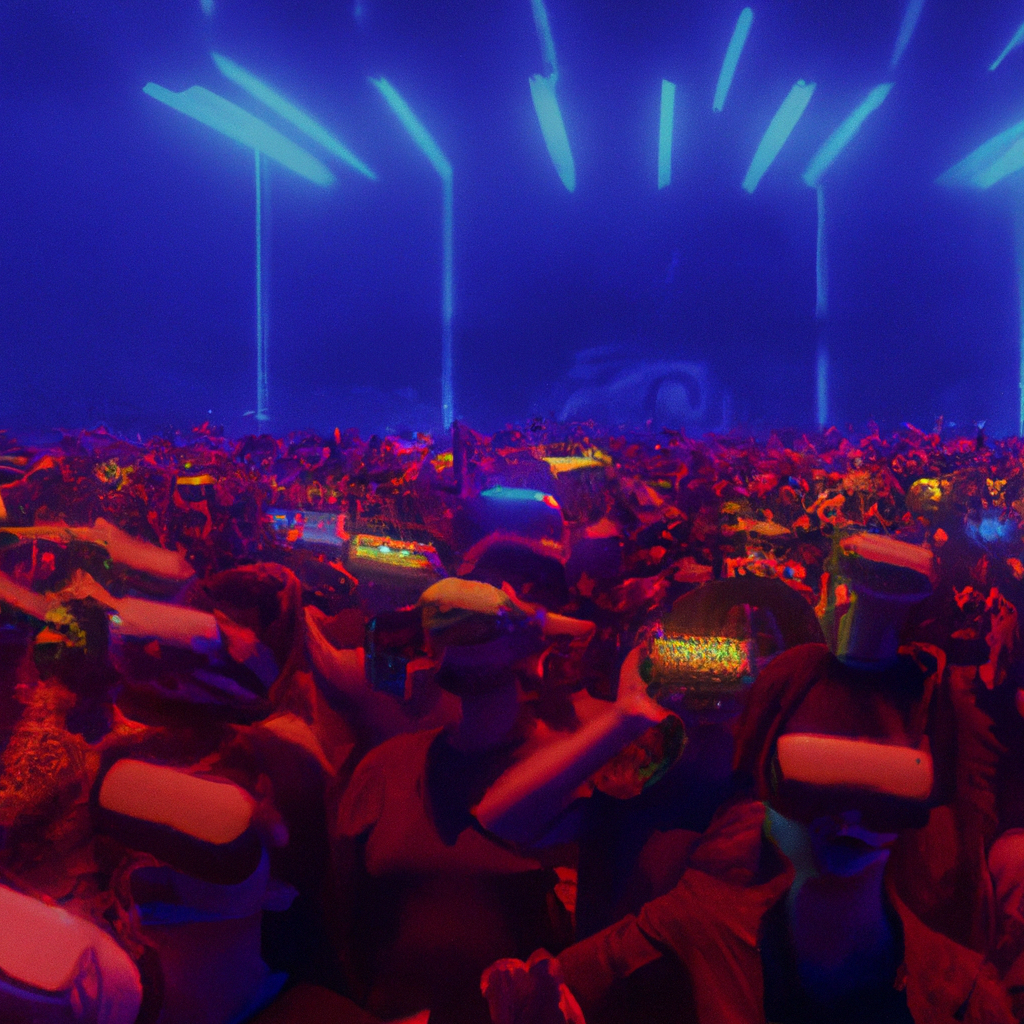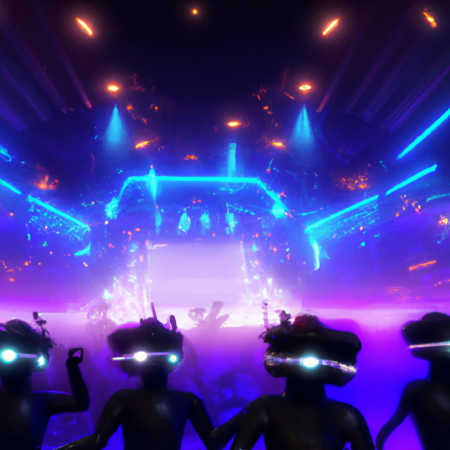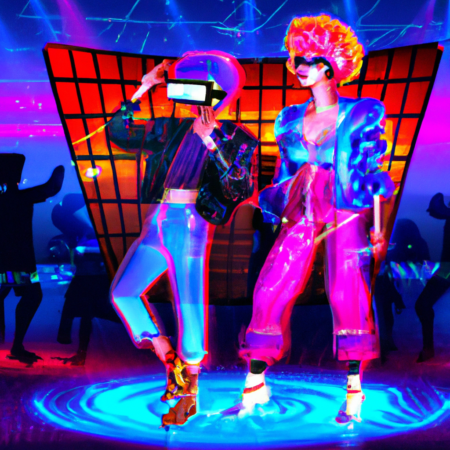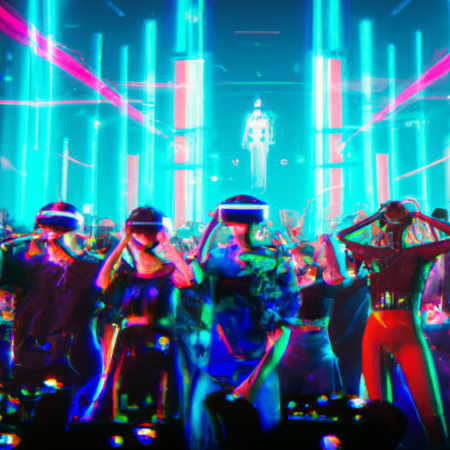Virtual Reality Concerts: The Future of Live Music in 2025
As we move deeper into the 2020s, the entertainment industry continues to evolve at a rapid pace, with virtual reality (VR) taking the lead as the most transformative technology. In 2025, VR concerts have not only become mainstream but are also redefining the live music experience. This exploration delves into how VR is reshaping concerts, the technology behind it, and what it means for artists and fans alike.
The Rise of VR Concerts
Virtual reality concerts allow fans to experience live music performances from anywhere in the world, without the need to physically attend the event. This technology has democratized access to concerts, making it possible for anyone with a VR headset to feel like they’re right in front of the stage. The surge in popularity of VR concerts can be attributed to the immersive experience they provide, making fans feel closer to the artists and the music.
Technological Advancements Driving the Trend
Several technological advancements have been pivotal in enhancing the VR concert experience. High-resolution VR headsets, improved audio quality, and faster internet speeds make these concerts more realistic and enjoyable. Moreover, platforms like VRChat and Oculus have developed specialized arenas and virtual spaces that simulate the ambiance of real concert venues.
Impact on Artists and the Music Industry
VR concerts are also transforming the music industry’s business model. Artists can now reach a global audience without the limitations of physical venue capacities. This has not only increased revenue opportunities but also reduced the carbon footprint associated with touring. Furthermore, VR concerts offer artists creative freedoms to design spectacular virtual performances that would be impossible in a physical setting.
What’s Next for VR Concerts?
Looking ahead, the integration of augmented reality (AR) with VR could lead to even more engaging experiences, blending real-world elements with digital enhancements. The potential for personalized concerts, where setlists and visual effects are tailored to individual preferences, could become a reality.
In conclusion, as VR technology continues to advance, the possibilities for VR concerts are limitless. They offer a sustainable, inclusive, and innovative way for fans to connect with music, making live concerts more accessible and enjoyable for everyone.






